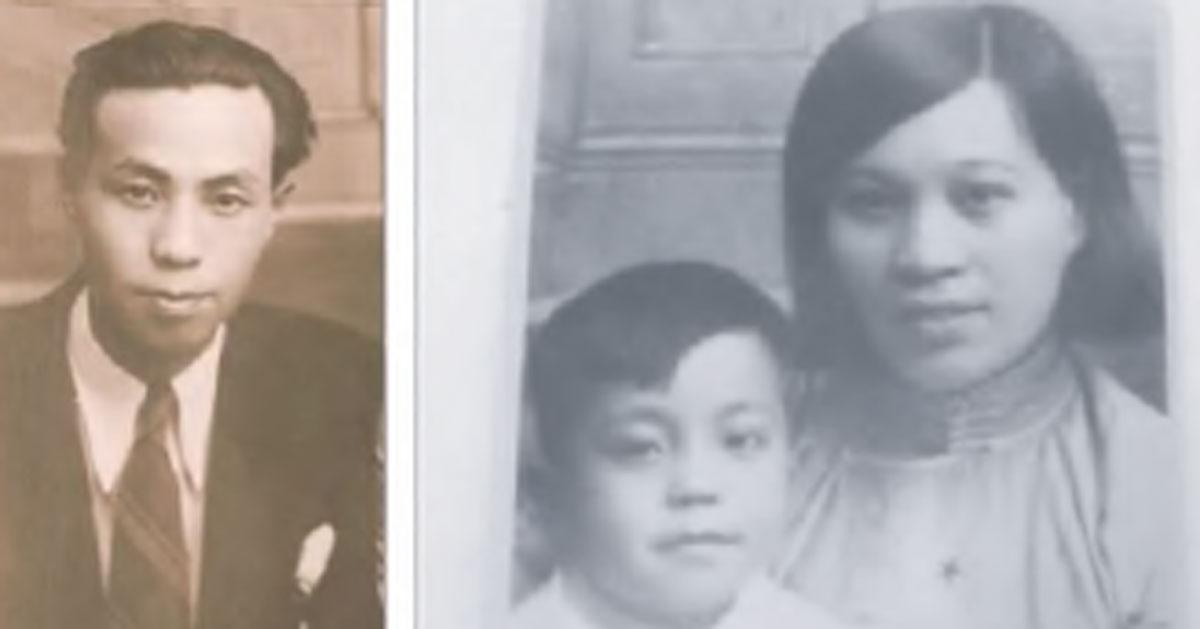Africa-Press – Lesotho. Kwet Chan, a teacher at Bhujoharry College, is perhaps the only popular poet we have in Mauritius. His poetry defies classification. By no ancestry is she attached to the literary tradition.
Because Kwet Chan is above all not a poet of words, but of life itself. Like some surrealists, he professes the faith that poetry should be made by everyone and for everyone.
For him, there is no subject that is ridiculous or contemptible, since the world has room for the good as well as the bad, for the beautiful as well as the ugly.
He captures all human sensations, hopes and pains and depicts them in a primitive language. Kwet Chan does not address a particular class. To understand its purpose, let’s listen once again to Mao Tse-tung, developing some ideas of Dr.
Hu Shih, in his speech of May 4, 1919: “Authors and artists…must go to the masses. They must go among the masses of workers, peasants, soldiers constantly, wholeheartedly and wholeheartedly.
They must go towards the struggle of these masses and make it their greatest, richest, most remarkable source in order to observe, study and analyze individuals, classes and masses as well as all their forms of life and struggle which are art and literature in their natural state.
” So, his poetry being made of the emotions that every human being feels, Kwet Chan is the only poet who is closest to us, the most human.
And who would stoop (sic) to talk about the joys and sorrows of a lowly worker, a “clerk” for example? “My domain is the shop where you breathe the grain air.
The balance has the sound of cymbals. ” In this sincere and realistic poetry, there is room for everyone: the lovers and the unfortunate, the humble artisan and the upstart.
He does not lock himself in an ivory tower to play misunderstood, but he is very vibrant with life among us, knowing how to taste our little pleasures:
“Playing majong at night when the rain falls surrounded by close friends…” or: “In front of the Sapriwais table very close to that of the four four…” This clean, unadorned language has nothing to catch the eye: it speaks to the heart.
Why does this disciple of Tao tell us, why do we have to erect sphinxes, puzzles? Why be surreal? Haven’t we had enough with our “phynances” and our constitutions? Let’s just say what we have to say.
Why struggle miserably with “parthenogenesis” and nicknames? And what ? enjoy a poem with a dictionary in hand. Kwet Chan does not write poetry to escape; and why would he escape? He struggles and he smiles, hating the ridiculousness of convention, but loving freedom and
“All I want here it is sweet sleep and good food. ” In “the end of an illusion”, he speaks to us of “his sorrows, his worries and his loneliness”, but he is never a tearful stork – fortunately.
If we were from the last century, we might have accused Kwet Chan of lacking literary beauty, but that has nothing to do with poetry as we understand the word today.
Otherwise, what will we say about “Sens Magique” or “Chant de Maldoror”? Nope! our criterion will not be beauty but sincerity. The form will come later since in poetry the end justifies the means.
By his style without mystification, without flash, but simple, clear, sometimes childish (because who has ever recovered from his childhood?) and above all sincere, we understand that the style can only be the man.
For More News And Analysis About Lesotho Follow Africa-Press






